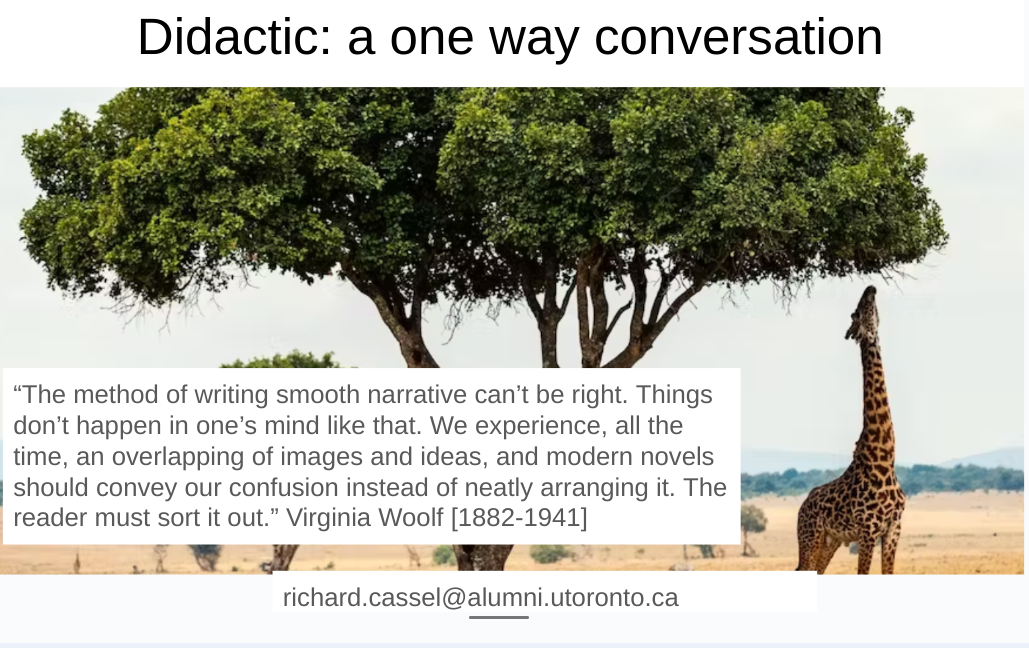
"All the advances in computing made so far revolve around the digital bit, a tiny electrical pulse that can either be recorded as a one or a zero—a system we know as binary. According to Moore's Law, every two years we'll figure out a way to double the number of transistors on a computer chip. This explains the shrinking nature of your BlackBerry and the fact that Apple now makes a laptop that slides into a manila envelope. The problem is, if Moore's Law is followed to its natural conclusion, in as little as 10 years, those bits we pack into our iPods will be the size of atoms. This is where quantum computing takes over.
Quantum computers employ quantum bits, or qubits, that behave in very strange ways. For starters, unlike bits, they don't have to be recorded as either a one or a zero—they can be both at the same time. So with only 40 or 50 qubits (we're talking the size of molecules), a quantum computer may one day perform the same tasks the world's most powerful machines now perform with hundreds of megabytes. If you could just jam that kind of power into your BlackBerry...who knows what it could do?"
-
David Fielding, Report on Business

